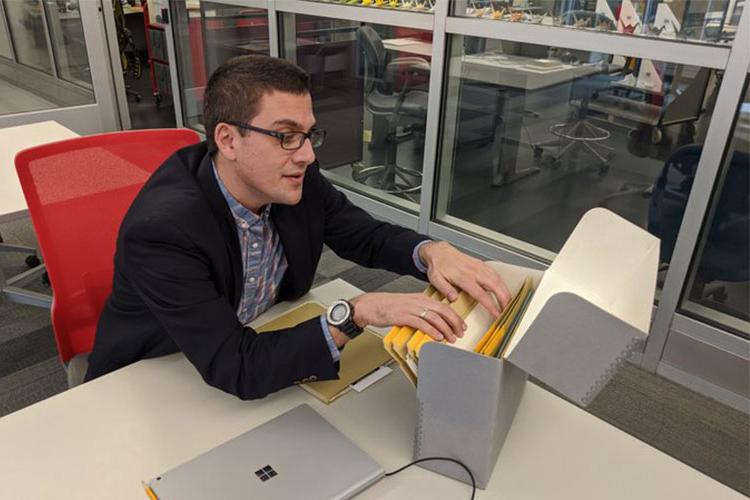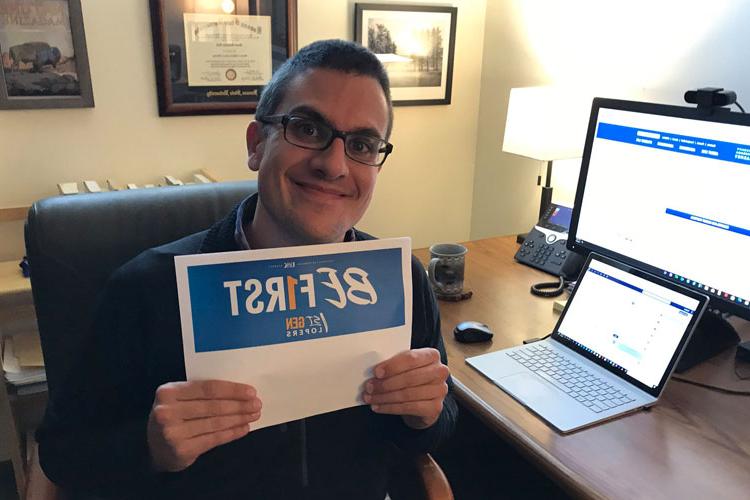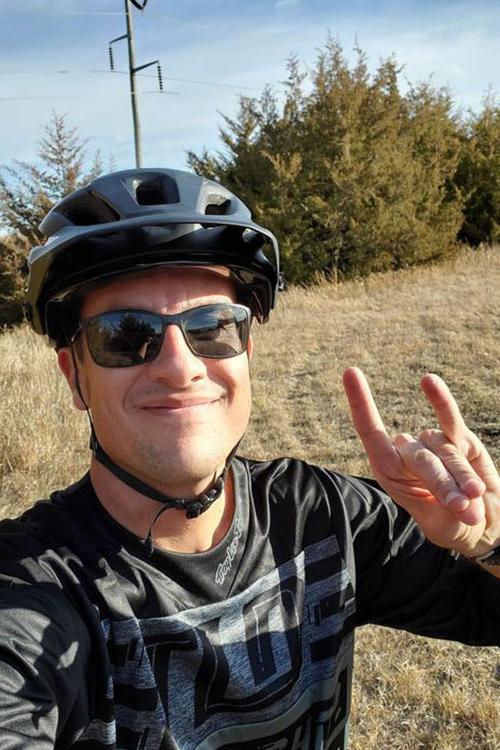Office: COPH 103G | Phone: (308) 865-8403 | Email: vaildd@sydotnet.net

David Vail is professor of history at bet36365体育. He grew up in Southern Oregon's Rogue Valley and spent much of his youth exploring the state's mountains and wilderness areas. He is a first-generation student that holds a BA from Southern Oregon University, an MA from Utah State University, and a PhD from Kansas State University. Dr. Vail’s specializations include Environmental and Agricultural History, History of Science, Technology, and Medicine, and Public History. He has published articles in academic journals such as Agricultural History, Endeavour (History of Science), Great Plains Quarterly, Great Plains Research, Middle West Review, and Kansas History.
Dr. Vail’s book, Chemical Lands: Pesticides, Aerial Spraying, and Health in North America's Grasslands Since 1945 (University of Alabama Press, 2018) is an environmental-agricultural-technological history of aerial pesticide application, agricultural science and food production in North America’s grasslands.
His second book (co-authored with Debra A. Reid of the Henry Ford Museum), Interpreting Environment at Museums and Historic Sites (Rowman and Littlefield, 2019), offers a multi-disciplinary approach to research environmental history, document evidence of human influence on land and the environment over time, and tailor that knowledge to new public engagement.
Dr. Vail's third co-edited book with Debra A. Reid and Karen-Beth Scholthof is Interpreting Science at Museums and Historic Sites (Rowman and Littlefield, 2023). The book offers a multi-disciplinary approach to researching the history of science, the role of scientific material culture, and its various artifacts of curiosity to promote public engagement in museums and historic sites.
Dr. Vail's next book project, Vulnerable Harvests: Emergency Conservation in the Cold War Great Plains (under advance contract with University of Nebraska Press), considers the region’s agricultural-environmental relationships in the Cold War era. “Vulnerable Harvests” looks at the concepts of ‘risk perception’ and ‘rescue science’ in what he characterizes as agricultural vulnerability environments. The principal goal of the book is to demonstrate how regional actors (human and nonhuman) shaped the land—the farmers who used it, the scientists who studied it, and the ecological relationships that remade it. This project advances our understanding of environmental risk and food security by examining the shifting roles of regional agricultural scientists, government policymakers, and landowners during the Cold War to address the steadily increasing ecological risks to the Great Plains.
Undergraduate:
 Graduate:
Graduate:
 First-Generation Work
First-Generation WorkDr. Vail is also a first-generation faculty at bet36365体育 (he was the first in his family to complete undergraduate and graduate degrees). He is a member of the bet36365体育 First-Gen Leadership Team and welcomes the chance to help students from the first-gen community. For more information, visit bet36365体育's First Generation page.
 Humanities Adventures
Humanities AdventuresDr. Vail enjoys connecting his love of history and the humanities with his passion for mountain biking and the Great Plains environment. If you don't see him riding the trails at Kearney's Cottonmill Park, you'll find him working with Humanities Nebraska as a member of the Board of Directors or helping with UNL's Center for Great Plains Studies programming.
Contact Dr. Vail by sending him an e-mail (vaildd@sydotnet.net) or check out his professional site at davidvail.net.